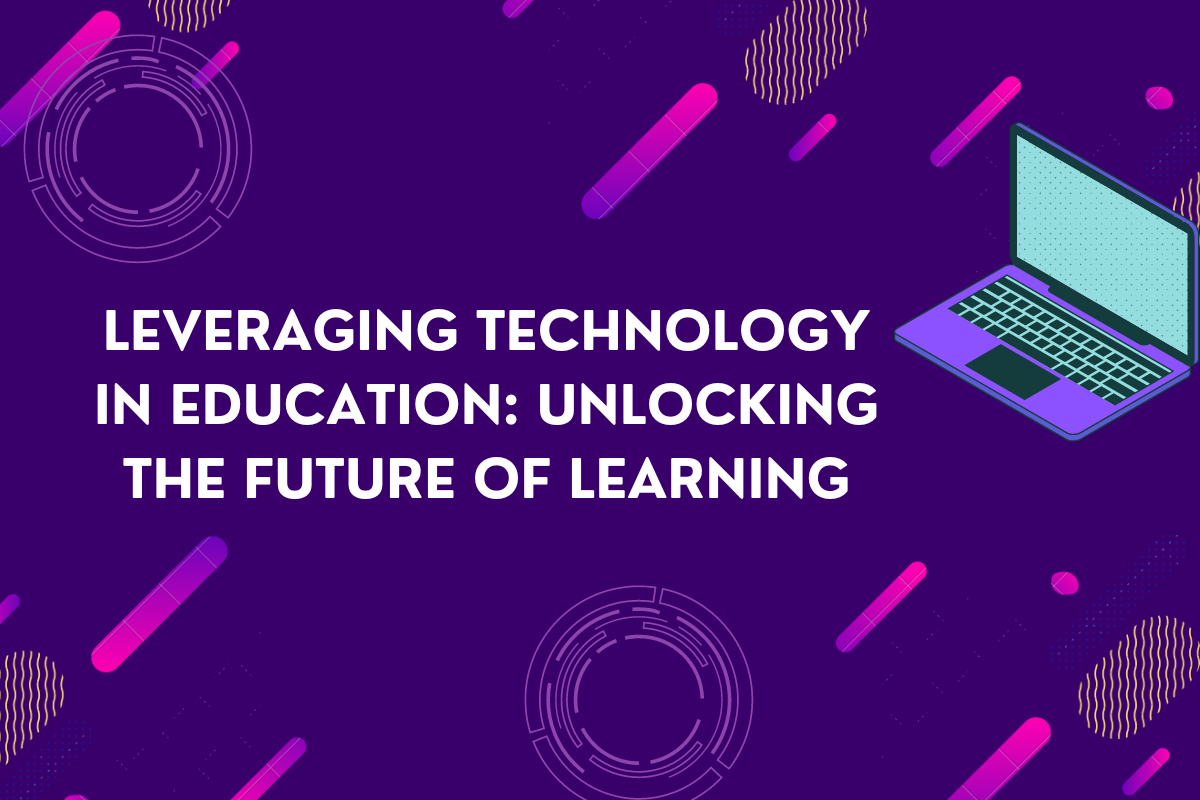Leveraging Technology in Education: Unlocking the Future of Learning
By~ Scholar Planet
Created At: 21 Jul, 2023

The advent of technology has
significantly transformed various aspects of human life, and education is no
exception. In recent years, technology has revolutionized the way we access
information, collaborate, and learn. It has become an indispensable tool for
educators and learners alike, offering numerous opportunities to enhance the
educational experience. By integrating technology into the learning process, we
can unlock the potential for a more personalized, interactive, and inclusive
education system that prepares students for the challenges of the future.
1. Access to Information and
Learning Resources
One of the most significant
advantages of technology in education is the easy access to vast amounts of
information and learning resources. The internet has become a treasure trove of
knowledge, making educational content available to anyone with a device and an
internet connection. This accessibility breaks down barriers to learning,
enabling students from diverse backgrounds to access quality education
regardless of their location or economic status.
2. Personalized Learning
Each student has unique learning
preferences and abilities. Technology allows educators to tailor learning
experiences to meet individual needs, promoting personalized learning. Adaptive
learning platforms can analyse students' progress and offer customized content
and exercises, ensuring that students receive targeted support and challenges
based on their strengths and weaknesses.
3. Interactive and Engaging
Learning
Traditional classroom settings
often struggle to maintain student engagement. However, technology offers a
plethora of interactive tools and resources that can captivate students'
attention and make learning more enjoyable. Virtual simulations, educational
games, and multimedia presentations create a dynamic learning environment that
fosters curiosity and critical thinking.
4. Collaboration and
Communication
Technology has redefined the
concept of classrooms by breaking down physical barriers. Virtual classrooms,
video conferencing, and collaborative online platforms enable students and
teachers to connect across the globe. This enhanced connectivity promotes
cross-cultural understanding, facilitates collaboration on projects, and
fosters the exchange of ideas, all of which are crucial in preparing students
for a globalized world.
5. Assessments and Analytics
Traditional assessments often
fall short in capturing a comprehensive understanding of a student's abilities.
Technology-enabled assessments offer real-time analytics, providing educators
with deeper insights into student progress. These data-driven insights allow
for early identification of learning gaps and the implementation of targeted interventions,
leading to improved learning outcomes.
6. Inclusion and Accessibility
Technology plays a vital role in
promoting inclusivity and accessibility in education. For students with
disabilities or special needs, assistive technologies offer tailored support to
ensure they can participate fully in the learning process. Moreover, technology
allows schools to adopt flexible learning models, accommodating students who
may face challenges attending physical classrooms.
The integration of technology in
education is not about replacing teachers or traditional methods but about
empowering educators and learners to enhance the learning experience. As
technology continues to advance, so too will the possibilities for leveraging
it in education, driving the transformation of learning and teaching as we know
it.
Scholar Planet app operates
keeping all the above points in mind.
Download the app now:
